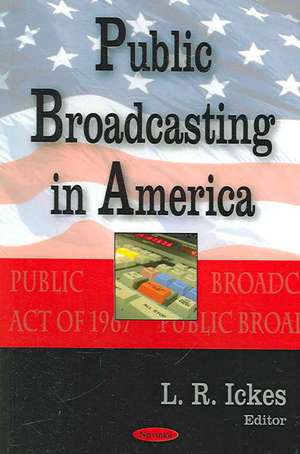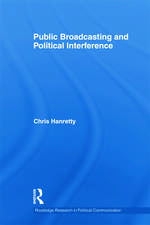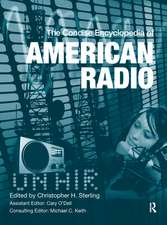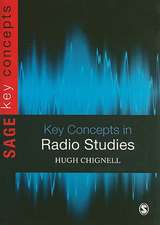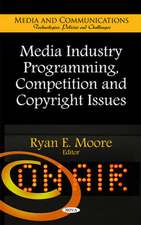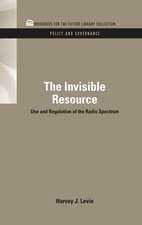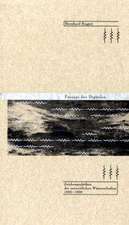Public Broadcasting in America
Autor L. R. Ickesen Limba Engleză Hardback – 4 aug 2005
Preț: 300.78 lei
Preț vechi: 406.51 lei
-26% Nou
Puncte Express: 451
Preț estimativ în valută:
57.57€ • 62.56$ • 48.39£
57.57€ • 62.56$ • 48.39£
Carte disponibilă
Livrare economică 31 martie-14 aprilie
Preluare comenzi: 021 569.72.76
Specificații
ISBN-13: 9781594546495
ISBN-10: 1594546495
Pagini: 86
Ilustrații: tables
Dimensiuni: 142 x 210 x 8 mm
Greutate: 0.16 kg
Editura: Nova Science Publishers Inc
ISBN-10: 1594546495
Pagini: 86
Ilustrații: tables
Dimensiuni: 142 x 210 x 8 mm
Greutate: 0.16 kg
Editura: Nova Science Publishers Inc
Cuprins
Preface; The Corporation for Public Broadcasting: Federal Funding Facts and Status; Questions and Answers about Public Broadcasting in America; Pub Broadcasting Act 1967 as amended; CPB Report on Objectivity in Broadcasting; Index.
